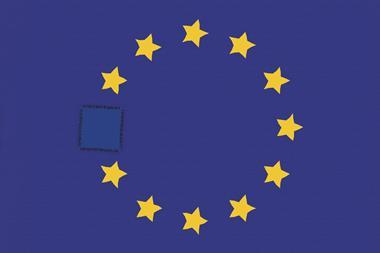The UK government’s post-Brexit replacement for the Erasmus+ student scheme won’t cover the cost of university tuition fees, while travel support will only be available to those from disadvantaged backgrounds.
In the Brexit deal agreed in late December, the UK government opted to end its participation in the Erasmus+ scheme – an EU-funded exchange programme that enables students to study across the continent. Instead, the government promised that its new Turing scheme would provide better and more cost-effective support for student exchanges across a wider range of destinations. However, questions were raised after the £100 million budget allocated for the scheme appeared to fall short of the funding levels previously offered by Erasmus+.
The Turing scheme is now open for applications, but some critics argue that the newly launched programme guide offers more limited support for students wishing to take part in foreign exchanges. While students going from the UK to Erasmus+ ‘partner countries’ could apply for travel support, the Turing scheme will only cover the travel expenses of students from disadvantaged backgrounds. And while Erasmus+ students don’t have to pay for their overseas study, the Turing scheme will provide no support towards tuition fees – although the government expects that participating universities will waive fees.
Following the UK’s departure from the EU, Turing scheme participants opting to study in Europe will also have to apply for visas. Again the costs associated with this will only be covered for disadvantaged students.
The government estimates that around 35,000 students will participate in the Turing scheme. Students from Northern Ireland will also still be able to participate in Erasmus+ after Ireland’s government committed to continue funding the scheme for them.












No comments yet